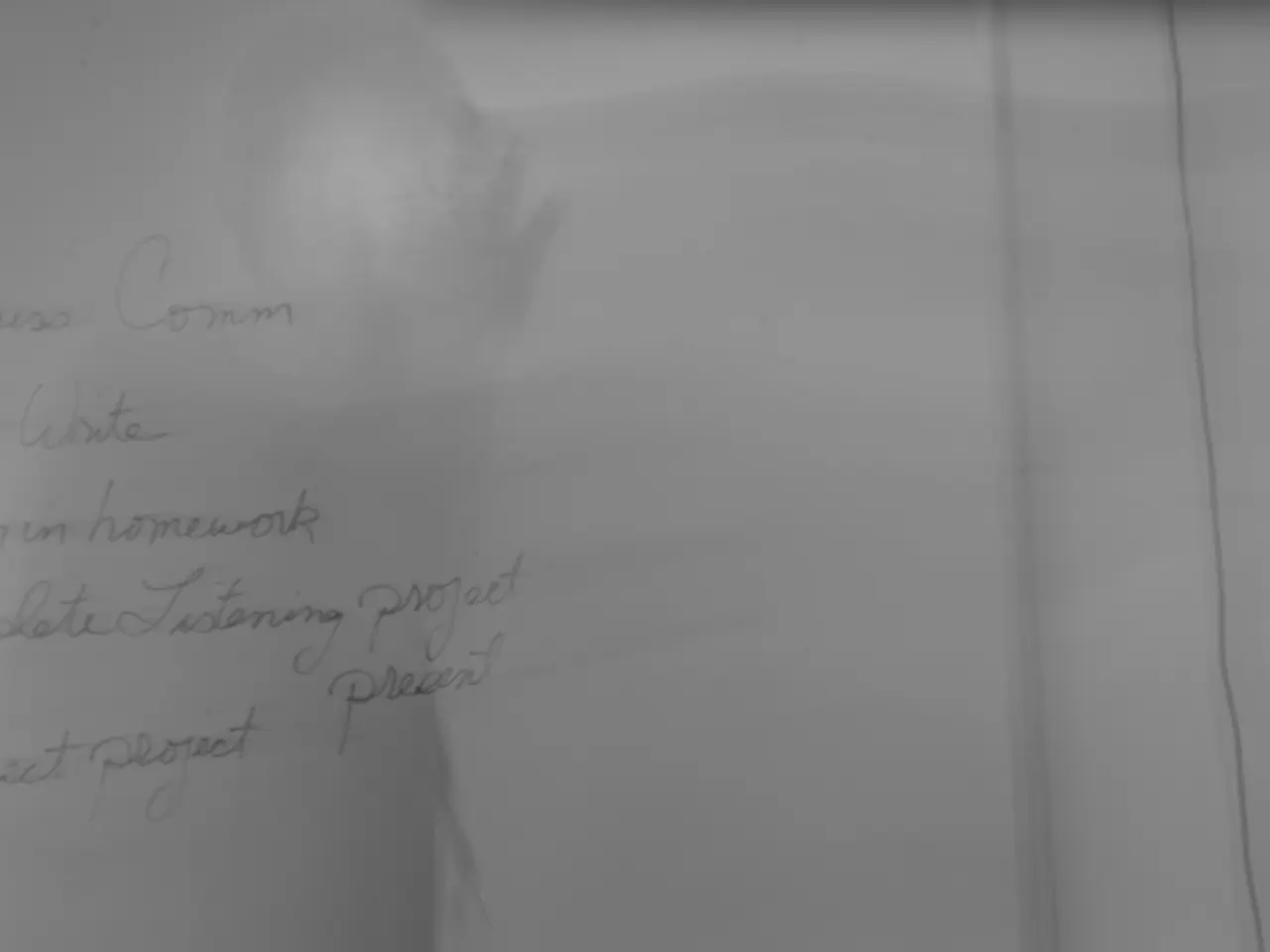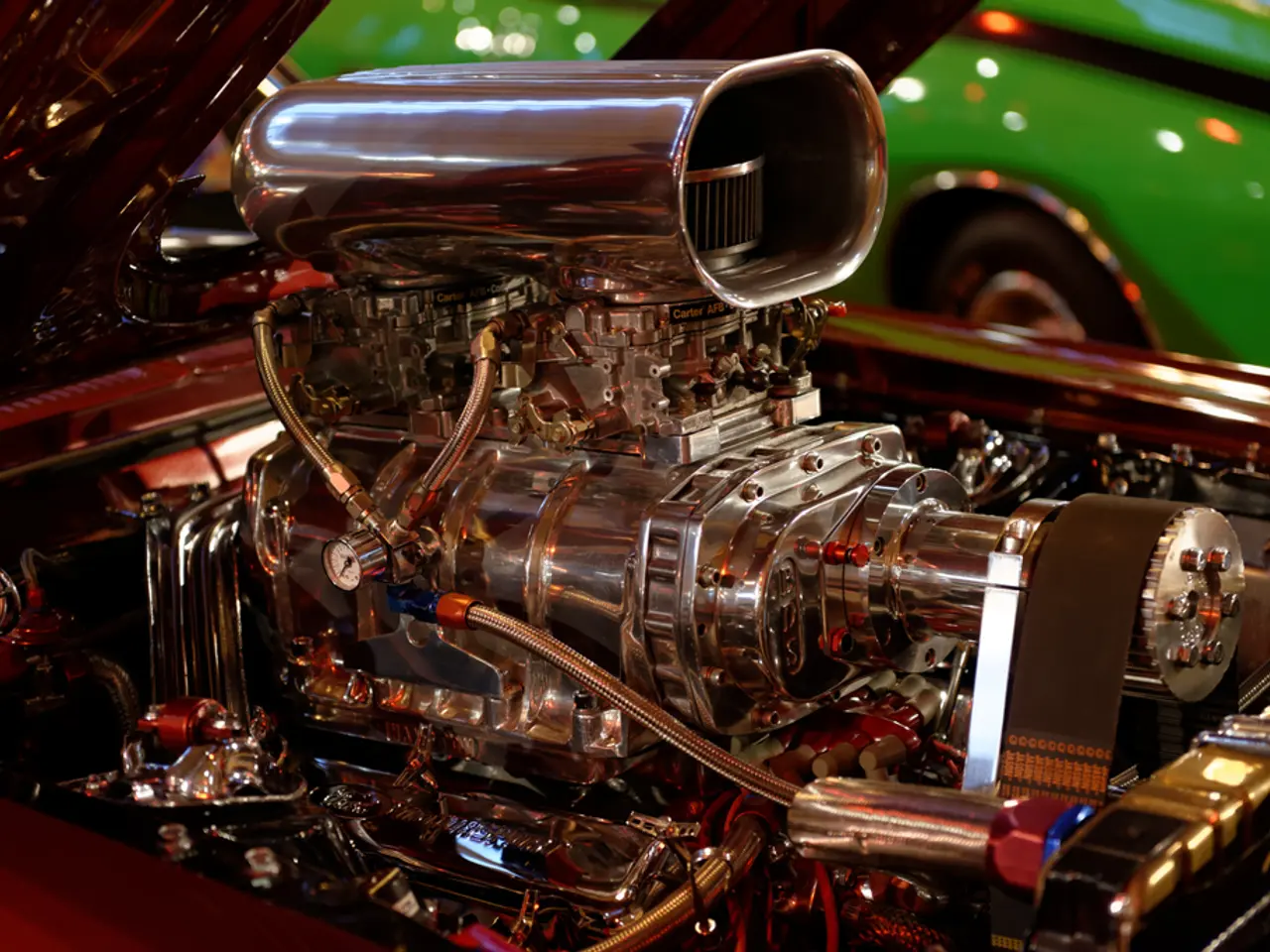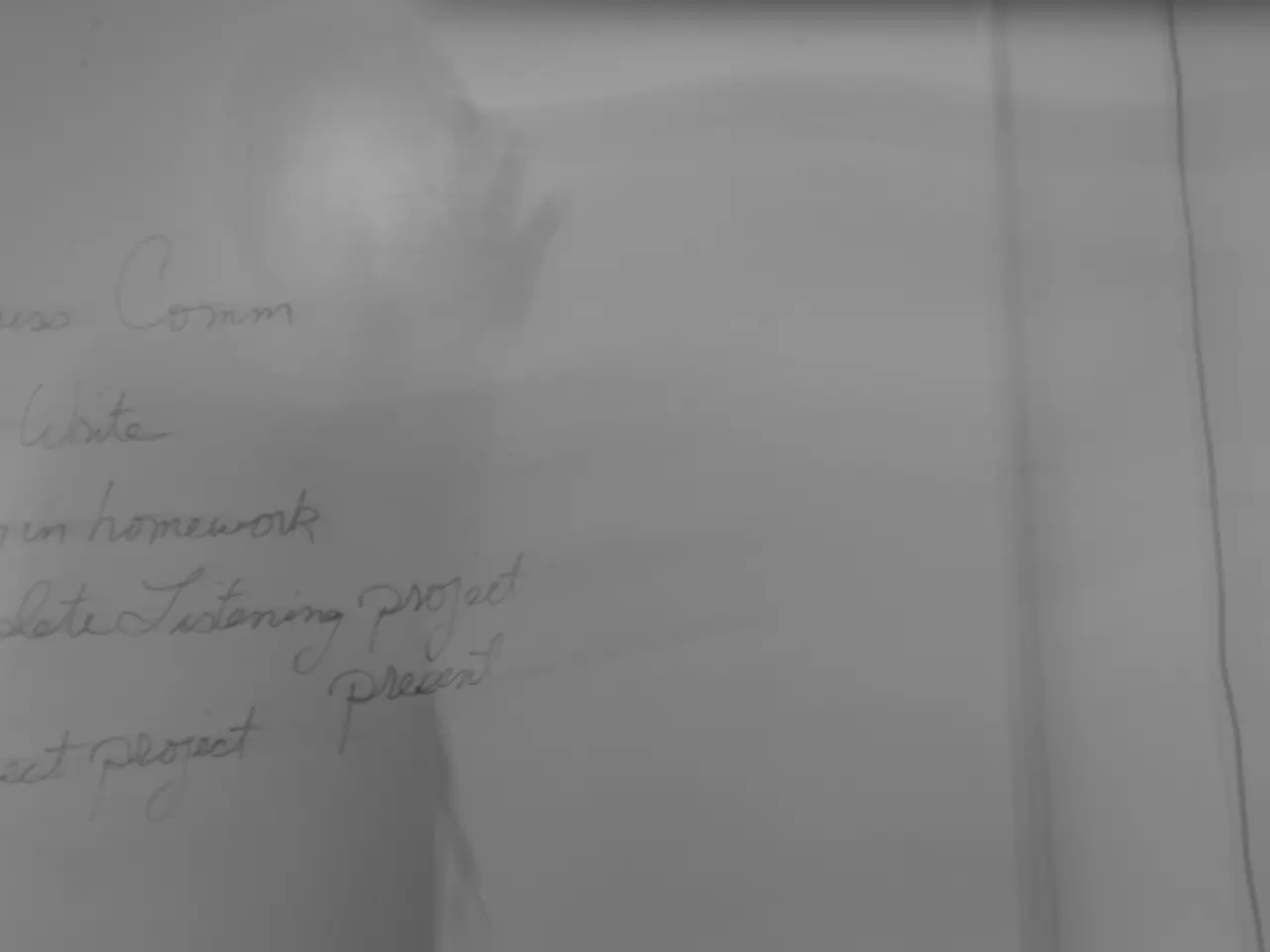Trump's customs agreement leaving Europe a ruined continent
In recent years, the European Union (EU) has found itself in a challenging position in trade disputes with the USA. One of the most significant issues at hand is the EU's investment in America, particularly in fracking gas and weapons, worth 1.3 trillion dollars, with the Americans paying nothing in return.
Despite this lopsided arrangement, the EU seems unlikely to learn from the trade dispute and its consequences. In fact, a democratic US president in the future is not expected to revive the current trade deal between the EU and the USA. This raises questions about the EU's strategy in these negotiations.
Recently, an agreement was announced between President Trump and Ursula von der Leyen, the President of the European Commission, to resolve the trade dispute. However, the deal could have gone worse for the EU, as they agreed to pay 15% tariffs on most imports to the USA, and 50% for steel and aluminum.
The EU's dependence on Russia and renewables for its energy supply, combined with its current inferiority in various areas compared to the USA, has made it difficult for Europe to assert itself effectively in these negotiations. This is particularly true under von der Leyen's leadership, which has been criticised for leading Europe into a state of stagnation, failing to implement necessary reforms, and failing to make significant strides towards self-assertion.
The strategy of waiting for a change in US presidency, as recommended by Robert Habeck, is no longer valid, as the EU needs to take a more proactive approach in these trade disputes. One such measure is the timely and strategic use of the EU's Anti-Coercion Instrument (ACI), a tool designed as a "nuclear option" to counteract coercive trade measures.
If the EU had taken earlier and more decisive steps to activate the ACI or similar trade defense mechanisms, it could have better balanced negotiations and deterred aggressive US tariff threats. The EU's economic institutions, like the ECB, could have also complemented their cautious approach with a stronger political-economic response in trade policy.
Unfortunately, Europe is no longer a continent to be taken seriously in negotiations with a powerful opponent. The recent treatment of von der Leyen and her commissioners by the Americans and Chinese, who allegedly treated them like a worthless tourist group, highlights this issue.
In conclusion, the EU needs to take a more assertive stance in trade disputes with the USA, using tools like the ACI and adopting a stronger political-economic response. This is crucial to ensuring a fair and balanced trade relationship between the EU and the USA.
[1] European Union's Anti-Coercion Instrument: A Necessary Tool in Trade Disputes with the USA [2] The EU's Cautious Approach in Trade Disputes with the USA: A Missed Opportunity for a Stronger Response
- The EU's dependence on the USA for investments in industries such as finance, energy, and war-and-conflicts, coupled with its current trade deficit, raises concerns about the fairness and balance of their relationship.
- The recent agreement between President Trump and Ursula von der Leyen, involving the imposition of tariffs on EU imports, highlights the need for the EU to employ more proactive strategies like the timely and strategic use of the Anti-Coercion Instrument (ACI) to counteract coercive trade measures.
- Europe's lack of assertiveness in trade negotiations, evident in the alleged disrespect shown by the Americans and Chinese towards EU leaders, has diminished its influence in global trade policy and legislation, particularly in comparison to the USA.
- The general news landscape is rife with discussions about the EU's future in trade disputes with the USA, focusing on the need for a more assertive EU policy that includes the strategic and timely implementation of tools like the ACI and a stronger political-economic response from its economic institutions.




